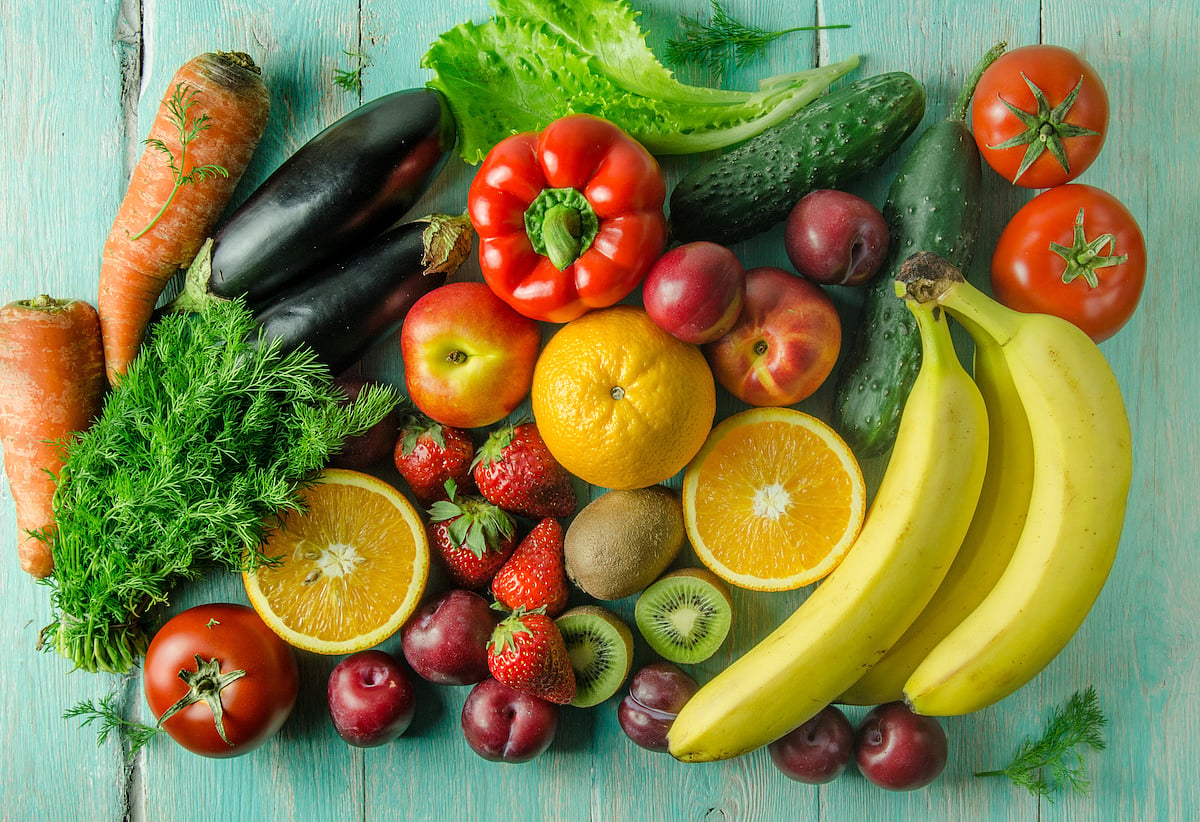Five-cup increase in fruits and vegetables over no intake tied to 16 percent better sleep quality
By Lori Solomon HealthDay Reporter
FRIDAY, June 27, 2025 (HealthDay News) — Higher daytime intakes of fruits and vegetables and carbohydrates are associated with better sleep, according to a study published online June 11 in Sleep Health.
Hedda L. Boege, from the Columbia University Irving Medical Center in New York City, and colleagues examined how daytime dietary intakes influence sleep quality on the following night using multiple days of self-reported diet monitoring and objective sleep measured under free-living conditions. Analysis included 34 young adults regularly sleeping seven to nine hours nightly.
The researchers found that greater daytime intakes of fruits and vegetables (β-coefficient = −0.60) and carbohydrates (β-coefficient, −0.02) were associated with lower sleep fragmentation index. A five-cup increase in fruits and vegetables over no intake was associated with 16 percent better sleep quality. There was a trend toward associations of higher intakes of red and processed meat and more disrupted sleep, while higher fiber and magnesium intakes trended to being associated with less disrupted sleep.
“Dietary modifications could be a new, natural, and cost-effective approach to achieve better sleep,” co-senior author Esra Tasali, M.D., from the University of Chicago, said in a statement. “The temporal associations and objectively measured outcomes in this study represent crucial steps toward filling a gap in important public health knowledge.”
Copyright © 2025 HealthDay. All rights reserved.







